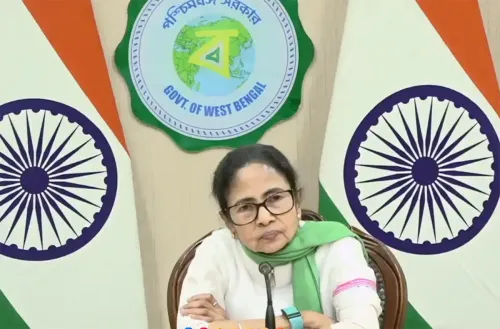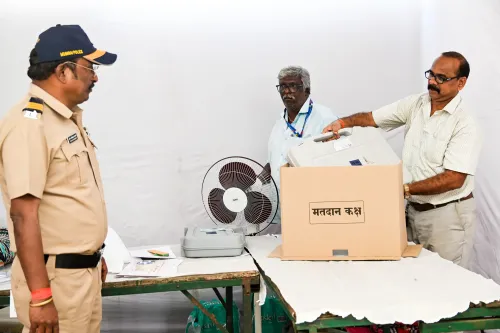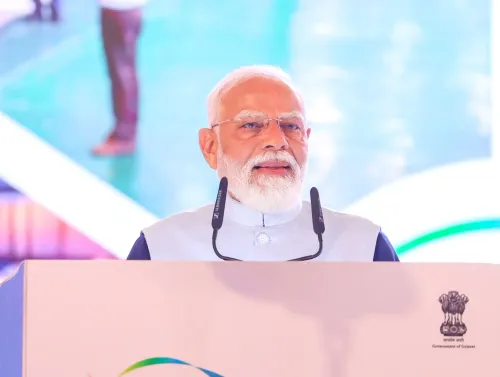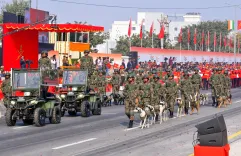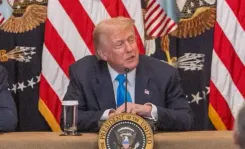Is the Centre's plan to bring Chandigarh under Article 240 stirring political turmoil in Punjab?

Synopsis
Key Takeaways
- Centre's proposal to impose Article 240 on Chandigarh ignites political tensions.
- Major parties in Punjab unite in opposition, viewing it as an attack on regional rights.
- Historical claims over Chandigarh complicate the situation.
- Key political figures are vocal in their criticism, promising to fight the proposal.
- The outcome may significantly impact Punjab's political landscape.
Chandigarh, Nov 23 (NationPress) A significant political uproar has unfolded in Punjab following the Centre's indication of its plan to bring Chandigarh under Article 240 of the Constitution, a decision that would grant the President the authority to directly formulate regulations for this Union Territory.
Currently, Chandigarh is governed by the Governor of Punjab and acts as the shared capital for both Punjab and Haryana.
A bulletin from Parliament has suggested that the Constitution (131st Amendment) Bill, 2025, is set to be presented during the upcoming Winter Session starting on December 1, triggering protests from various political factions in Punjab.
Political parties, including AAP, Congress, and Sriromani Akali Dal, have fiercely condemned the proposal, labeling it as 'anti-Punjab.'
They contend that placing Chandigarh under Article 240, which presently applies to regions like the Andaman and Nicobar Islands, Lakshadweep, Dadra and Nagar Haveli, Daman and Diu, and Puducherry, would jeopardize Punjab's historic claim over the city.
Established as a Union Territory in 1966 during the bifurcation of Punjab and Haryana, Chandigarh has served as a co-capital.
While the Punjab Governor also functions as the administrator for Chandigarh, local political figures have persistently asserted that Chandigarh is rightfully Punjab's, advocating for Haryana to establish its own capital.
Chief Minister Bhagwant Mann criticized the central government's decision, accusing the BJP-led Centre of plotting to seize Punjab's capital.
'Chandigarh was, is, and will always be a vital part of our state,' he stated, emphasizing that villages were sacrificed to construct the city, and that Punjab holds the legitimate claim.
AAP national convener and former Delhi Chief Minister Arvind Kejriwal also lambasted the initiative, referring to it as an 'attack' on Punjab's identity.
He remarked that 'history bears witness: Punjabis have never surrendered to tyranny' and maintained that Punjab, having significantly contributed to the nation through 'security, grains, and water,' was now being deprived of its rights.
Punjab Congress chief Amarinder Singh Raja Warring deemed the situation as 'utterly unwarranted' and cautioned that 'any moves to take it away will lead to severe consequences.'
He urged BJP leaders in Punjab to clarify their position, asserting that 'your stance today will determine whether you stand with Punjab or against it.'
Sukhbir Singh Badal, chief of the Akali Dal and former Deputy Chief Minister, claimed that the 'anti-Punjab Bill' represents a 'direct assault on the federal structure' and vowed to combat it 'on all fronts,' reiterating that 'Punjab's claim over Chandigarh is non-negotiable.'


